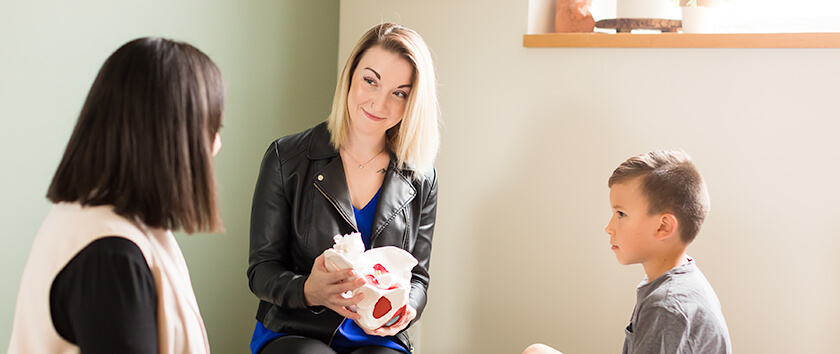
Pediatric Pelvic Physiotherapy
Our Pediatric Pelvic Floor Physiotherapists will help to identify what is contributing to the bladder and/or bowel concerns. They will look at behavioral impacts, bladder and bowel habits, hydration, digestion, and physical activity. They will also address any specific control issues that fall under the role of the pelvic floor muscles. Treatment can include pelvic floor training, education, breathing exercises, daily schedule and habit retraining and core strengthening. Treatment is specific to what each child is experiencing because even what causes something like bed wetting is not universal.
Unlike adult pelvic health physiotherapy there are no internal exams involved. Children starting at the age of 5 are taught how to engage their pelvic floor through specific cueing and assessment done over top of their clothing. Each assessment and treatment are thoroughly explained, and nothing is done until the physiotherapist receives informed consent from both the child and guardian present.
Pediatric Pelvic Health physiotherapy can be an extremely beneficial addition to care for children experiencing bowel and bladder concerns from a young age. It can also assist with increasing the success rate of using medication or supplementation such as Restoralax (Zar-Kessler et al., 2019).
Pediatric Physiotherapy Services We Provide
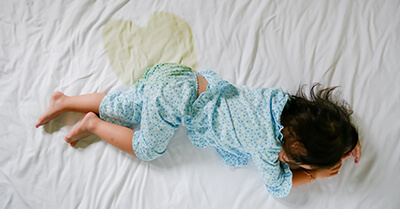
One of the great parenting challenges. This can be such a difficult issue for both children and parents and it’s more common than people might think. Our pediatric pelvic floor Physiotherapist will help to identify what is contributing to night time (or daytime) wetting. We will look at behavioural impacts such as bladder habits, hydration, digestion, and physical activity. Then we will also address any specific control issues that fall under the role of the pelvic floor muscles. There is no internal exam of children but learning how to strengthen, and relax, the pelvic floor muscles is an important part of curing bed wetting
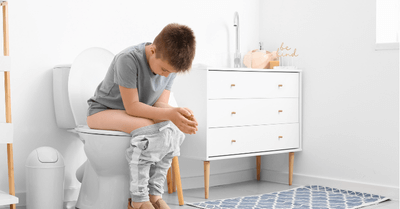
Constipation
Pelvic physiotherapy is beneficial for children suffering from constipation and focuses on gentle, non-invasive techniques tailored to young patients. Our registered physiotherapists assess pelvic floor muscle dysfunction, which often contributes to chronic constipation, and use biofeedback, manual therapy, and age-appropriate exercises to improve bowel motility and coordination. This child-friendly approach helps reduce pain, straining, and reliance on laxatives, while educating families on dietary and behavioral strategies for long-term relief and confidence in bathroom habits.
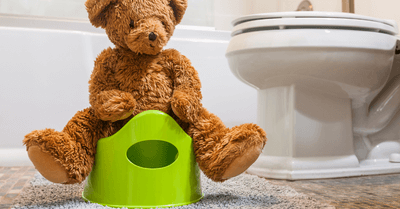
Potty Training Issues
Our pediatric pelvic physiotherapists specialize in supporting children with potty training challenges through gentle, evidence-based care. We assess pelvic floor coordination and strength to address common issues like withholding, accidents, or difficulty sensing the urge to go, using playful biofeedback, tailored exercises, and parent coaching to build confidence and success. This family-centered approach reduces stress for both kids and caregivers, helping little ones achieve independent, comfortable bathroom habits that last.
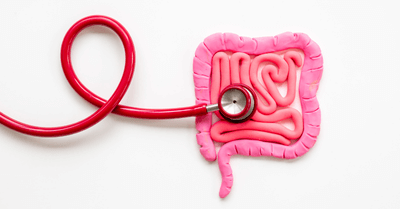
Hirschsprung’s Diseases
We provide compassionate, specialized support for children with Hirschsprung’s Disease following surgical intervention. We focus on retraining pelvic floor muscles to improve coordination, sensation, and voluntary control, using gentle biofeedback, child-friendly exercises, and family education to ease bowel emptying and reduce soiling or discomfort. This collaborative approach empowers kids to regain confidence and achieve comfortable, predictable bathroom routines after their procedure.

Bowel Leakage (Fecal Incontinence)
Our pediatric pelvic physiotherapists offer gentle, expert care for children experiencing bowel leakage (fecal incontinence). We carefully assess pelvic floor strength, coordination, and sensory awareness, then use playful biofeedback, targeted exercises, and family-guided strategies to restore control and prevent accidents. This supportive, child-centered approach helps kids feel confident, reduces embarrassment, and promotes consistent, worry-free bowel habits.
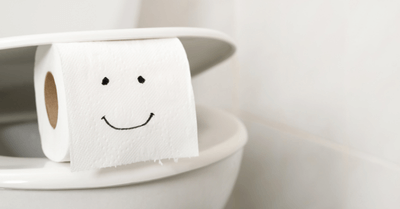
Imperforate Anus
At Pine Cone Health in Edmonton, our pelvic physiotherapists deliver gentle, specialized care for children with imperforate anus after surgical correction. We assess pelvic floor muscle function, sensation, and coordination, then use child-friendly biofeedback, playful strengthening exercises, and family education to enhance voluntary control, ease bowel movements, and minimize leakage. This compassionate, collaborative approach helps kids build confidence and enjoy reliable, comfortable continence as they grow.
Pediatric Pelvic Physiotherapists
![]()
We are here to help you grow your health!
Some of the Struggles We Can Help Your Child or Teen With:
Daytime Bladder Incontinence
Nighttime Bladder Incontinence (Bed Wetting)
Constipation
Bowel Leakage (Fecal Incontinence)
Imperforate Anus
Hirschsprung’s Diseases
Potty training difficulties
When should you bring your child in for assessment and treatment?
How Do I Know if My Child Needs Physiotherapy?
In this area of physiotherapy, it is best to address things earlier than later. This can start as early as three years old or when you are considering starting potty training. If you notice your toddler showing signs of constipation such as withholding, straining when going to the bathroom, infrequent bowel movements, blood in their stool, pain with bowel movements, or even hiding to go they may benefit from pediatric pelvic health physiotherapy. Other signs between the ages of 3-5 where an assessment may be helpful would-be difficulty with potty training beyond the age of three or regression in potty control.
After the age of five, if your child is still struggling with any of the above bowel or bladder concerns including wetting the bed or you notice any regression in their bowel and bladder control, it is recommended that they see a pediatric pelvic health physiotherapist.
Reference:
Zar-Kessler, C., Kuo, B., Cole, E., Benedix, A., & Belkind-Gerson, J. (2019). Benefit of pelvic floor physical therapy in pediatric patients with dyssynergic defecation constipation. Digestive Diseases, 37(6), 478-485.
Meet the Pediatric Pelvic Physiotherapy Team

Calista Powell (she/her)
PhD, MScPT, BSc, PgCSH, ACC
PhD, MScPT, BSc, PgCSH, ACC
Licensed Physiotherapist – Edmonton Location
Pediatric Pelvic Health Physiotherapy
Treatment Populations:
- Pediatrics (3+)
Treatment Areas:
- Daytime Bladder Incontinence
- Nighttime Bladder Incontinence (Bed Wetting)
- Constipation
- Bowel Leakage (Fecal Incontinence)
- Imperforate Anus
- Hirschsprung’s Diseases
- Potty training difficulties

Simone Fleet (she/her)
MScPT, BScKin
Licensed Physiotherapist – Sherwood Park Location
Sherwood Park Clinical Lead
Pediatric Pelvic Health Physiotherapy
Treatment Populations:
- Pediatrics (3+)
Treatment Areas:
- Daytime Bladder Incontinence
- Nighttime Bladder Incontinence (bed wetting)
- Constipation
- Bowel Leakage (Fecal Incontinence)
- Imperforate Anus
- Hirschsprung’s Diseases
- Potty training difficulties
21
Team Members
2K+
Patients Treated
30
Kids Between Us



